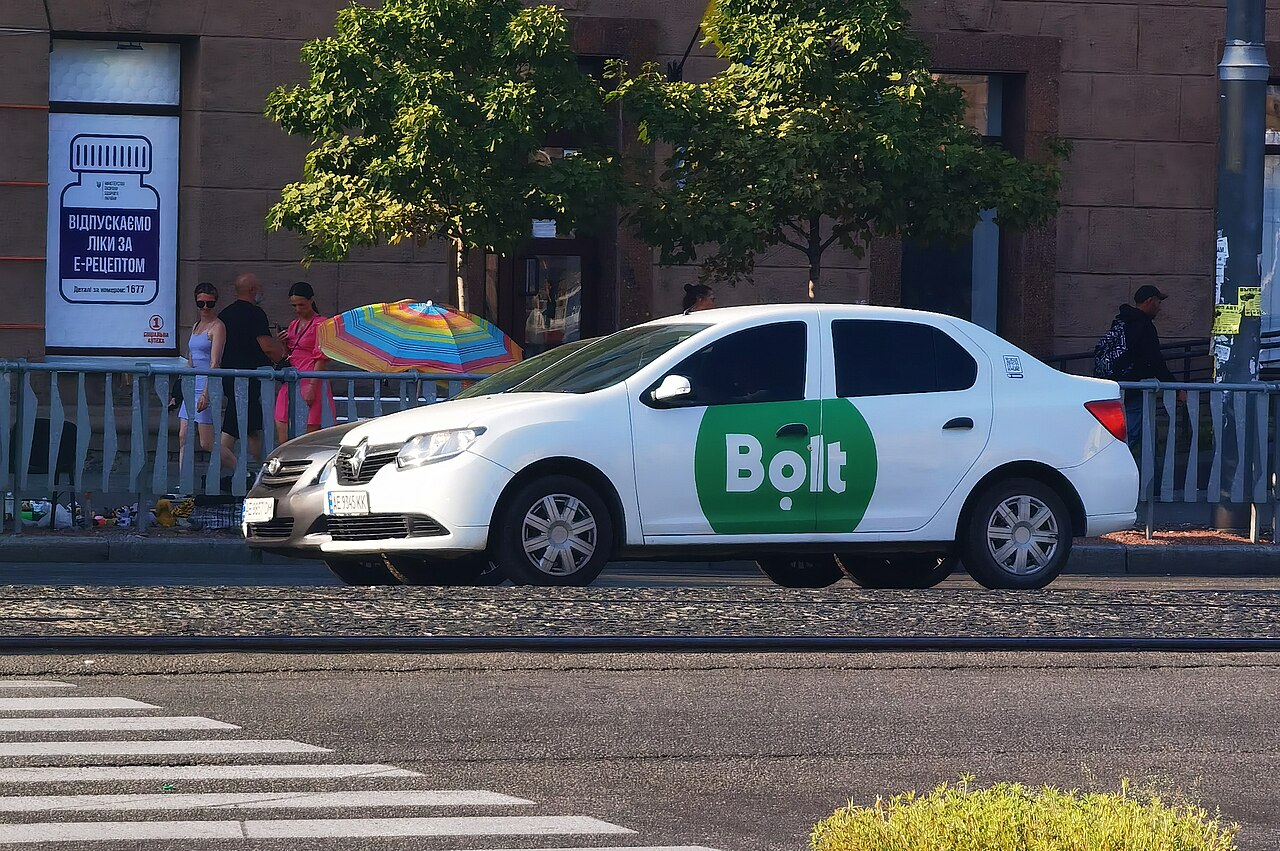In a world increasingly defined by conflict, two of the most volatile war zones—Gaza and Ukraine—remain at the centre of international tensions. While diplomatic efforts continue behind the scenes, the reality on the ground tells a different story: renewed airstrikes, humanitarian crises, and political manoeuvring that prolongs suffering.
Gaza: Ceasefire hopes crumble as airstrikes resume
Hopes for peace in Gaza suffered a major setback this week as Israeli forces have resumed heavy bombardment of Gaza, shattering a fragile ceasefire that had lasted nearly two months. The strikes, which began late on Tuesday, killed at least 404 Palestinians in a single night, making it one of the deadliest days in the ongoing conflict. Prime Minister Benjamin Netanyahu has defended the renewed attacks, calling them “only the beginning” of Israel’s latest military offensive against Hamas.
The ceasefire, brokered by Egypt, Qatar, and the United States, had provided temporary relief to the 2.3 million people in Gaza since 19 January, many of whom have been displaced by the months of Israeli bombardment. However, tensions escalated as both sides accused each other of violating the truce. Hamas, which still holds 59 Israeli captives, blamed Israel for reneging on the agreement, while Netanyahu claimed the resumption of hostilities was necessary after Hamas allegedly refused a ceasefire extension.
Israel’s recent airstrikes violate key terms of the ceasefire agreement established in January. The agreement required a cessation of military operations by both Israel and Hamas, yet Israel’s renewed bombing campaign directly breaches this commitment. Furthermore, the ceasefire included provisions for continued negotiations to secure the release of remaining Israeli hostages in exchange for Palestinian prisoners, yet Israel’s airstrikes jeopardise these diplomatic efforts.
Netanyahu has defended the attacks on Gaza since the start of the war in 2023, claiming they were necessary to eliminate the threat of Hamas, but critics argue that Netanyahu’s decision to renew hostilities is not solely about security.
The embattled Israeli leader is facing mounting domestic pressure, including corruption trials and backlash over his move to dismiss the head of Shin Bet, Israel’s domestic intelligence agency. Alon Pinkas, former Israeli ambassador to the US, stated bluntly that the decision to restart attacks was about “survival politics” rather than strategic military gains. “The strikes had zero military significance and no political end,” he told Al Jazeera.
The renewed attacks have enraged families of Israeli hostages still held in Gaza, who accused Netanyahu’s government of abandoning their loved ones. The Hostages and Missing Families Forum issued a statement condemning the government’s actions, stating: “Why aren’t you fighting in the negotiations room? Why have you backed out of an agreement that could have brought everyone home?”
The response from world leaders has been mixed. While Egypt and Qatar condemned the strikes, the United States has continued to back Israel. Acting US Ambassador to the UN Dorothy Shea placed the blame squarely on Hamas, stating that the group had “chosen war over peace.”
Meanwhile, the humanitarian situation in Gaza has reached catastrophic levels. Israel’s blockade has halted aid deliveries for over two weeks, cutting off food, water, and medical supplies. Hospitals are running out of fuel, and medical staff are struggling to treat the wounded. Tom Fletcher, the UN emergency relief coordinator, decried the situation, stating that “modest gains” made during the ceasefire have now been completely undone.
The latest escalation raises questions about the long-term future of the war. Netanyahu has promised to press forward, while Hamas insists it will not back down. The people of Gaza, caught in the crossfire, are left to suffer the consequences of yet another cycle of violence.
Ukraine: Russia rejects full ceasefire as airstrikes continue
Further north, the situation is no better. It’s been 1,1120 days since Russia invaded Ukraine, and the recent attempts at a ceasefire have not been successful.
As diplomatic negotiations between the United States and Russia unfold over the war in Ukraine, mixed signals are emerging about a possible ceasefire. Despite a high-profile call between US President Donald Trump and Russian President Vladimir Putin, Ukrainian cities have faced renewed attacks, raising doubts about Russia’s commitment to de-escalation.
The much-anticipated Trump-Putin call, held on Tuesday, saw both leaders agreeing on a partial ceasefire focused on Ukraine’s energy infrastructure. However, Putin stopped short of endorsing a full 30-day truce, which had been accepted by Ukraine last week.
According to a White House statement, “Both leaders agreed this conflict needs to end with a lasting peace,” and emphasised “the need for improved bilateral relations between the United States and Russia.” Trump later described the conversation on Truth Social as “very good and productive.”
Yet, within hours of the call and supposed ceasefire on energy infrastructure, air raid sirens blared across Kyiv as 45 Russian drones launched fresh assaults on regions surrounding the capital. In Sumy, a Russian missile strike hit a hospital, forcing the evacuation of over 100 patients. Elsewhere, attacks on power stations in Slovyansk plunged parts of the city into darkness.
Ukraine’s President Volodymyr Zelensky expressed scepticism, warning that Putin’s conditions for peace, including halting foreign military aid to Ukraine, signalled that Russia was not serious about ending the war.
Trump’s special envoy, Steve Witkoff, told news reporters that negotiations will continue in Saudi Arabia this weekend, with US National Security Adviser Mike Waltz and Secretary of State Marco Rubio leading talks.
Meanwhile, the Kremlin confirmed that Putin supported the ceasefire on energy targets but raised concerns about “ensuring effective control over a possible ceasefire along the entire line of combat contact.” The Kremlin emphasised its stance on Ukraine’s NATO aspirations, insisting Ukraine abandon its bid to join the alliance. Russia has also demanded the easing of Western sanctions and a presidential election to be held in Ukraine, a request that Kyiv deems premature under the current martial law.
Speaking at a press conference, Zelensky reiterated Ukraine’s commitment to peace but emphasised that no agreement could come at the cost of Ukraine’s sovereignty. “There are two sides in this war — Russia and Ukraine. Trying to negotiate without Ukraine, in my view, will not be productive.”
Despite the partial ceasefire, the war in Ukraine remains volatile. While diplomatic efforts continue, military action on both sides has not ceased. The coming days will be crucial in determining whether the US and Russia can broker a wider peace deal or if the latest talks are just another temporary lull in a conflict that has lasted over three years.
For now, Ukraine remains resolute. “We will support any proposals that would lead to stable and fair peace,” Zelensky said.
Emma is a freshly graduated Journalist from Stellenbosch University, who also holds an Honours in history. She joined the explain team, eager to provide thorough and truthful information and connect with her generation.




